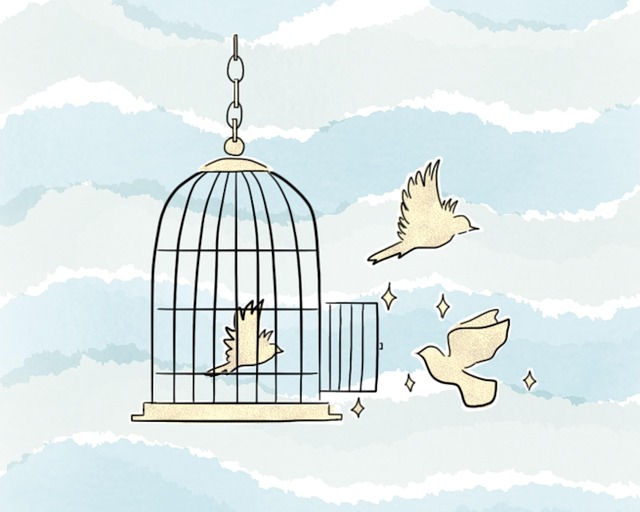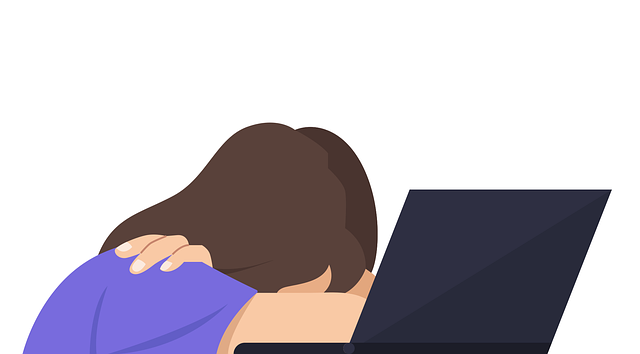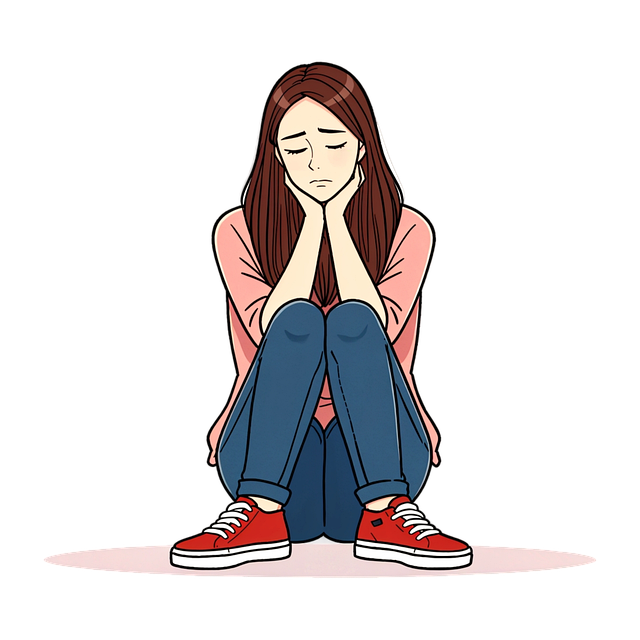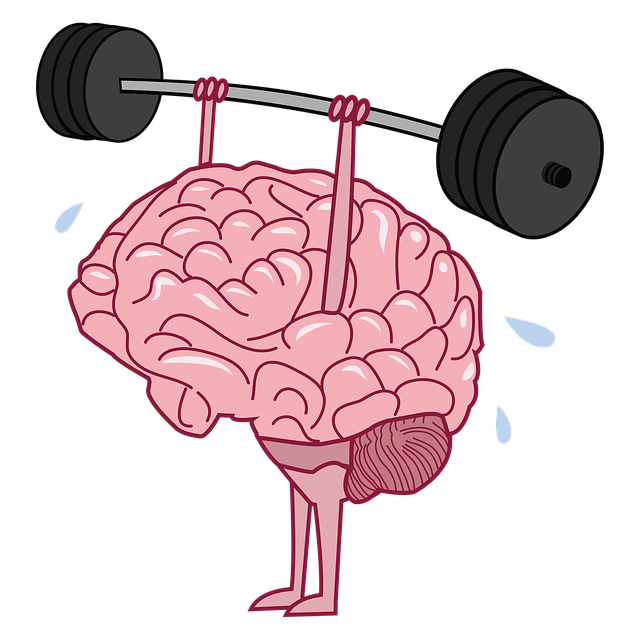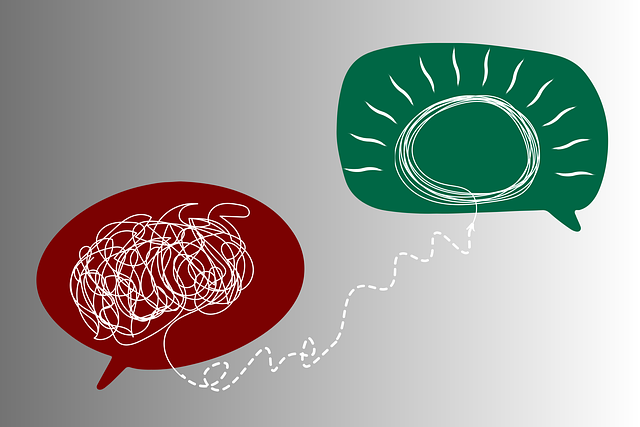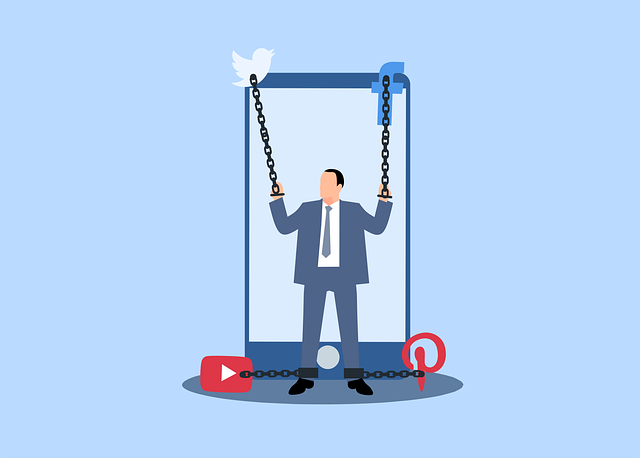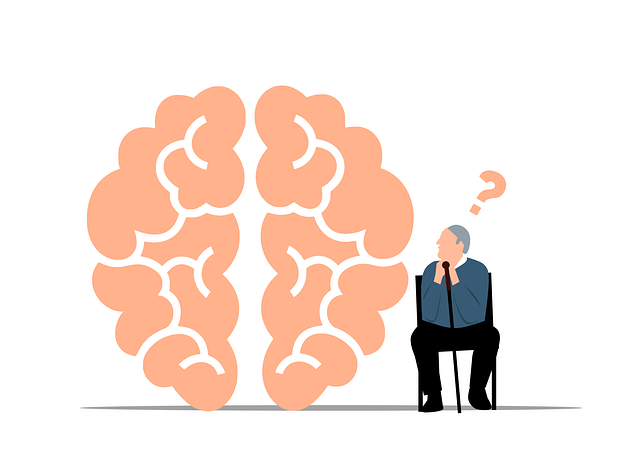Coping skills are vital for managing Superior Obsessive Compulsive Disorder (OCD), offering individuals effective strategies to confront and reduce symptoms through techniques like conflict resolution, mindfulness meditation, and cognitive reframing. Public awareness campaigns have destigmatized OCD, encouraging help-seeking. Proactive therapy approaches, including trigger identification and challenging irrational beliefs, can mitigate symptoms and prevent comorbid depression. Integrating these coping skills into daily routines is crucial for stress management and enhanced well-being in OCD therapy.
Coping skills development is a crucial aspect of treating Superior Obsessive Compulsive Disorder (OCD). This article explores the role of coping strategies in OCD therapy, offering insights into how they can alleviate symptoms and improve overall well-being. We’ll guide you through understanding these skills, providing practical strategies for development, and offering a step-by-step plan to integrate them seamlessly into daily life for more effective OCD management.
- Understanding Coping Skills and Their Role in OCD Therapy
- Strategies for Developing Effective Coping Mechanisms
- Integrating Coping Skills into Daily Life: A Step-by-Step Guide
Understanding Coping Skills and Their Role in OCD Therapy

Coping skills play a pivotal role in Superior Obsessive Compulsive Disorder (OCD) therapy. These strategies empower individuals to manage and reduce symptoms by offering effective means to navigate distressing thoughts and behaviors. OCD often involves intrusivesthoughts and repetitive actions, leading to significant impairment in daily functioning. By learning coping skills, individuals can develop healthier ways to resolve internal conflicts and decrease the urge to engage in compulsive rituals.
Understanding how conflict resolution techniques and other coping strategies work within OCD therapy is crucial. Public awareness campaigns development has helped shed light on this mental health condition, reducing stigma and encouraging people to seek help. Through therapy, individuals learn to identify triggers, challenge irrational beliefs, and implement alternative behaviors. This proactive approach not only mitigates OCD symptoms but also prevents the onset or exacerbation of depression, a common comorbidity associated with the disorder.
Strategies for Developing Effective Coping Mechanisms

Developing effective coping mechanisms is a crucial aspect of maintaining good mental health. For individuals dealing with disorders such as Superior Obsessive Compulsive Disorder (OCD), establishing robust strategies can significantly enhance their quality of life. One powerful approach is incorporating self-care routine development into daily routines, which includes structured activities focused on relaxation and stress reduction. This might involve setting aside dedicated time for engaging in hobbies, regular exercise, or practicing mindfulness meditation to calm the mind and alleviate anxiety symptoms.
Stress management workshops organized by mental health organizations can also be immensely beneficial. These sessions often equip participants with valuable tools like deep breathing exercises, progressive muscle relaxation techniques, and cognitive reframing strategies. By learning and consistently applying these coping skills, individuals can better navigate stressful situations and reduce the intensity of OCD symptoms.
Integrating Coping Skills into Daily Life: A Step-by-Step Guide

Integrating coping skills into your daily routine is a powerful step towards managing stress and improving overall well-being. For individuals dealing with Superior Obsessive Compulsive Disorder (OCD), establishing a solid set of coping mechanisms can significantly enhance therapy outcomes. Here’s a step-by-step guide to help you incorporate these strategies seamlessly:
1. Identify Triggers and Stressors: The first step is recognizing the situations, thoughts, or environments that trigger your OCD symptoms. Keep a journal to log these moments and identify patterns. This awareness will enable you to develop targeted coping strategies.
2. Practice Mindfulness Meditation: Incorporate mindfulness meditation into your daily routine to foster emotional healing processes. Start with short sessions, focusing on your breath and observing thoughts without judgment. Regular practice can reduce anxiety and improve your ability to manage OCD symptoms.
3. Explore Communication Strategies: Open communication is vital in managing OCD. Share your experiences with trusted individuals who can provide support. Consider joining support groups where you can exchange strategies and learn from others’ coping mechanisms, especially those who have successfully navigated OCD therapy.
4. Adopt Healthy Habits: A structured daily routine can be a powerful coping tool. Establish regular sleep patterns, maintain a balanced diet, and incorporate physical activity into your schedule. These habits promote overall mental health and provide a solid foundation for managing OCD symptoms.
5. Learn Relaxation Techniques: Deep breathing exercises, progressive muscle relaxation, or yoga can help reduce stress and anxiety. Schedule short breaks throughout the day to practice these techniques, especially when facing triggers.
6. Challenge Negative Thoughts: Cognitive-behavioral therapy (CBT) techniques are valuable for identifying and challenging negative thought patterns associated with OCD. Learn to replace obsessive thoughts with more realistic, positive ones, fostering a healthier mental landscape.
Coping skills development is a pivotal aspect of Superior Obsessive Compulsive Disorder (OCD) therapy, enabling individuals to manage symptoms effectively and enhance their overall well-being. By understanding the role of coping mechanisms and utilizing strategies tailored to individual needs, OCD sufferers can navigate life’s challenges with greater resilience. Integrating these skills into daily routines, as outlined in this guide, facilitates a more balanced and fulfilling existence, offering a promising path towards overcoming OCD and its associated barriers.
